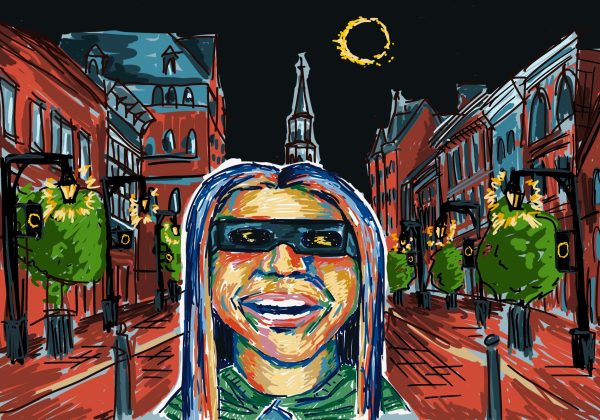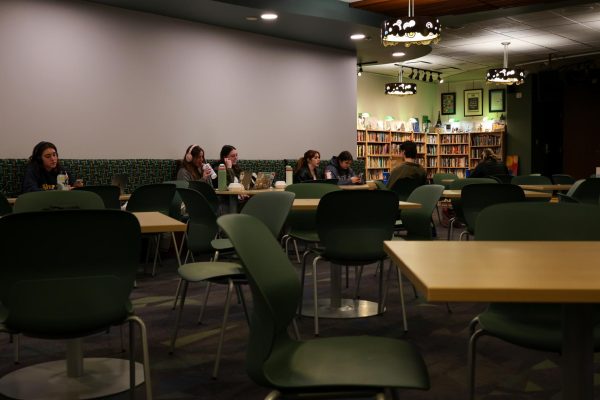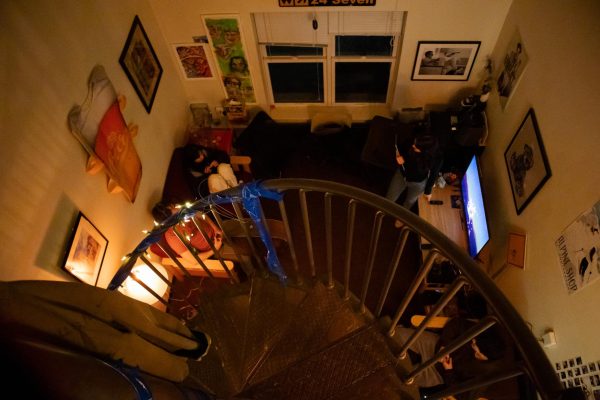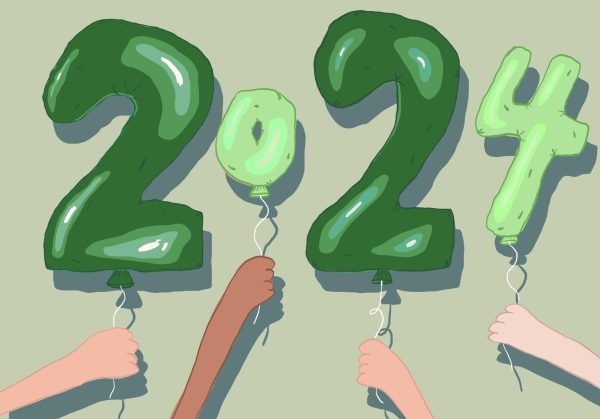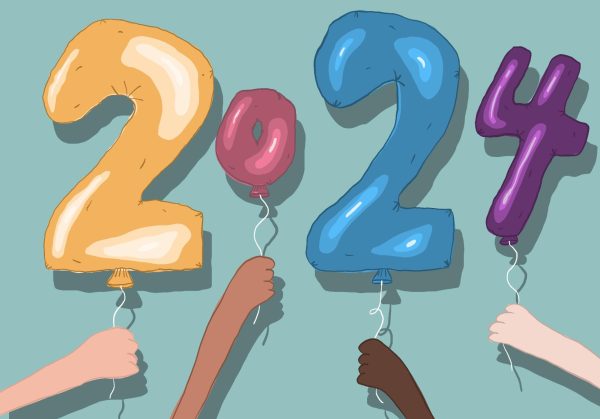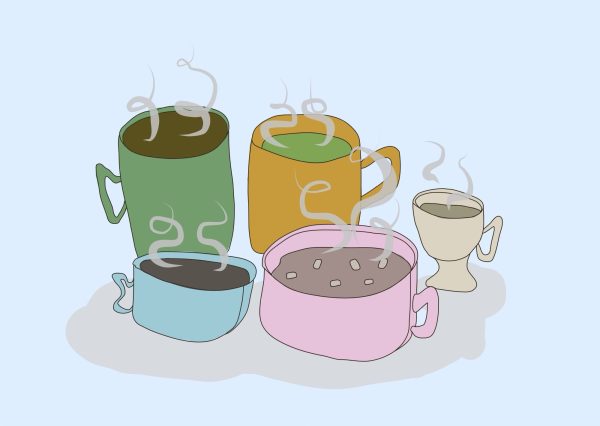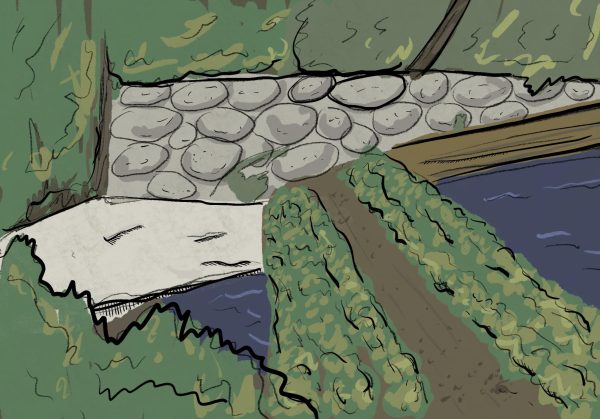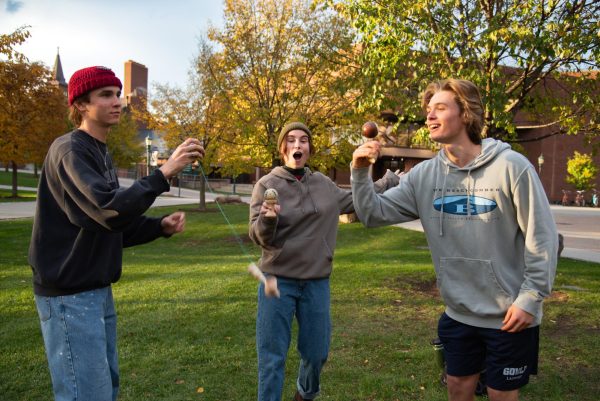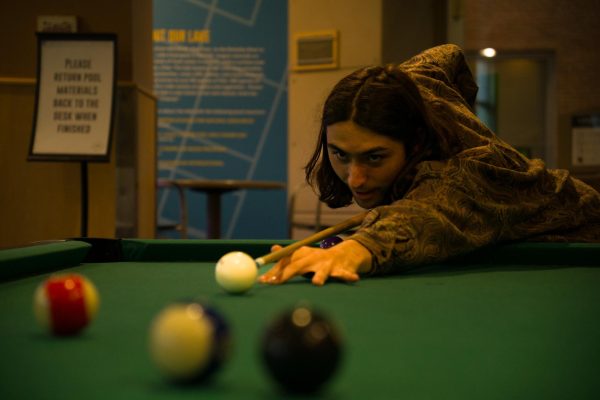Film screening prompts conversations
Students piled into the rows of chairs, grabbed free popcorn and picked up colorful paper that was offered for writing down their thoughts during the movie.
In a collaboration with UPB, UVM’s Black Student Union hosted a free screening of “Dear White People” Feb. 21 in the Jost Foundation Room of the Davis Center.
The film, which first premiered at the Sundance Film Festival in 2014, is a comedic drama about the racial tensions on campus of a fictional prestigious college.
In May 2016, Netflix announced a 10-episode TV series based on the “Dear White People” film to be released later this year, complete with a whole new cast and storyline.
Despite the critical acclaim and four awards—including the Spirit Award for Best First Screenplay—earned by the film, this announcement faced unexpected controversy as a number of Netflix customers cancelled their subscriptions, according to an article by the National Post.
“Netflix announced a new anti-white show that promotes white genocide,” Tim Treadstone, member of the alt-right movement, said on Twitter. “I cancelled my account. Do the same.”
The new series aims to accurately portray how students of color navigate collegiate life, but “some people have knee-jerk reactions without knowing the facts,” first-year Stanhope Nwosu said. “They can’t get past seeing us as the enemy.”
With this in mind, BSU decided it was a timely film to show during Black History Month to both celebrate black arts and call attention to relevant issues at UVM, junior Pierrette Lumumba, event coordinator, said.
The movie followed four black students in the fierce battle between different themed housing, and climaxed when a group of white students threw a popular but offensive blackface party.
“It’s easy to say that’s not us, but we need to keep looking at our actions,” one student said during a discussion after the film.
The end credits rolled, accompanied by photos and dates of blackface-themed parties from real colleges around the country.
The movie evokes instances of racial injustice such as the Kake Walk, a UVM blackface tradition that ended in 1969.
It also conjures instances of righteousness, such as the Waterman takeovers in 1988 and 1991, when students occupied the building and demanded commitment to a larger minority presence.
When they manage to avoid being openly racist, “so many people prematurely congratulate themselves,” senior James Biddle said regarding acceptance on campus. “It’s called being a decent human being.”
Students shared experiences, thoughts and ideas for improvement in a dynamic post-screening discussion and ended with an important reminder.
“Don’t be afraid to say when something is not okay,” first-year Alexa Herrera said. “We have to keep working.”
Izzy Siedman is a sophomore at UVM with an English major and a writing concentration. She joined the Cynic in September of 2016, starting as a writer for...


